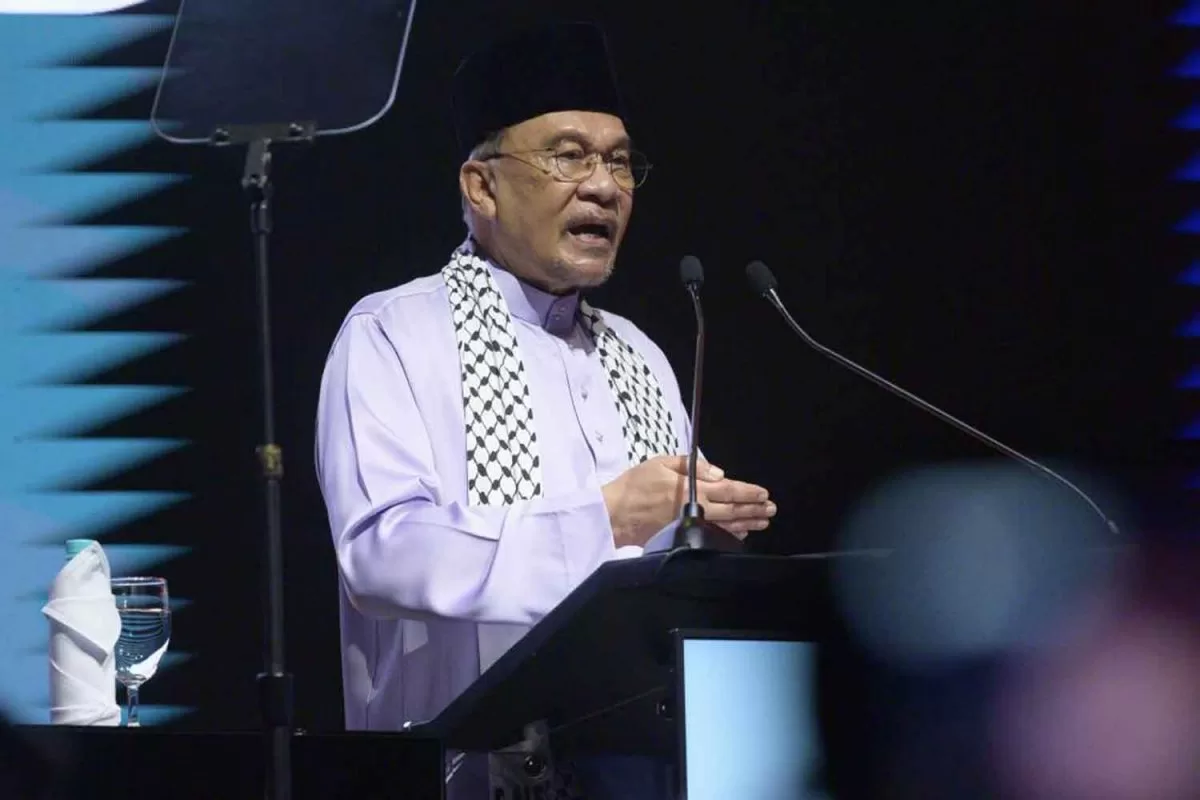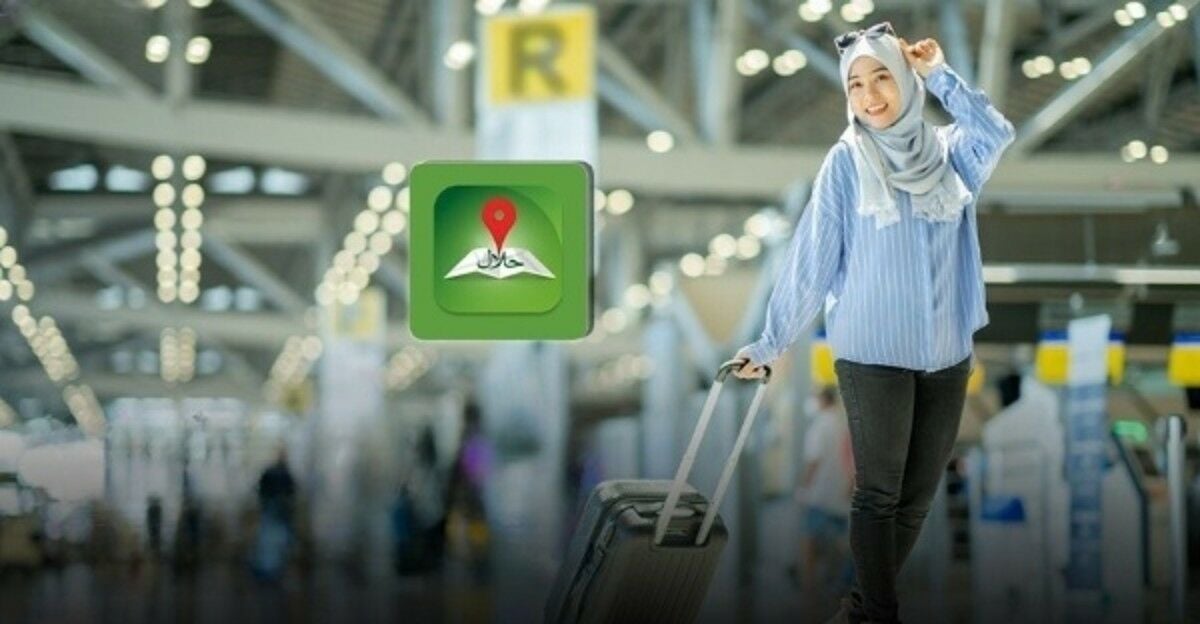Malaysia strengthens halal economy through digital ecosystem and partnerships
Regional training hubs prepare ASEAN for halal growth

Malaysia has positioned itself as a major force in the global halal economy by building a strong digital halal ecosystem that provides financing, advisory services, and business intelligence to help local SMEs expand abroad.
This model, which underpins Malaysia’s success in exporting halal products, is now being adapted to support neighbouring Thailand in strengthening its own halal sector.
Malaysia and Thailand are collaborating on cross-border infrastructure projects to enhance trade connectivity. These projects focus on developing smart logistics, digital customs systems, and real-time tracking to alleviate checkpoint congestion and reduce reliance on road transport.
Despite political uncertainties in Thailand, investment through public-private partnerships is expected to fortify border logistics and cold-chain networks. Continuous bilateral discussions are crucial to harmonising regulatory frameworks and addressing key bottlenecks to increase efficiency in the halal supply chain.
During the Malaysia International Halal Showcase (Mihas) 2025, which coincided with the Global Halal Summit, Malaysian Prime Minister Anwar Ibrahim reaffirmed the nation’s commitment to halal development. He urged the global business community to view halal not merely as a label but as a comprehensive value system encompassing ethical consumption, social justice, human dignity, and environmental responsibility.
He also called for support for halal entrepreneurs, global market expansion, and the training of future professionals in religious knowledge, science, engineering, technology, and legal frameworks. Under the Thirteenth Malaysia Plan (13MP), covering 2026 to 2030, the Malaysian government has dedicated substantial resources to accelerate growth in the halal sector.
This sector is anticipated to contribute RM231 billion, or 10.8% of GDP by 2030, driven by increased demand in food, finance, and tourism. Globally, the halal market is valued at over RM16.02 trillion and is expected to grow to RM22.88 trillion by the decade’s end.
Allied Chemists, a notable participant at the Malaysian Pavilion, offers essential services in halal testing, regulatory compliance, and certification processes. As an approved panel laboratory for the Ministry of Health, the company conducts alcohol testing and food safety checks critical for obtaining halal certification.
AFFIN Bank, a Malaysian Islamic financial institution, supports business growth by providing collateral-free financing for businesses operating for six to 24 months. The bank’s financing packages are backed by up to 70% coverage under the SJPP scheme, offering crucial support for SMEs entering the halal sector.
Recognising the importance of human capital in the halal economy, Sirim Academy has established itself as a regional training hub, promoting joint halal training initiatives with ASEAN neighbours, including Thailand. Malaysia has extended its support to Thai officials through the Malaysian Technical Cooperation Programme, offering capacity-building opportunities and training in halal compliance and best practices, reported by Bangkok Post.

In recent news, Thailand has launched the Halal Route app, developed by Chulalongkorn University’s Halal Science Centre, to boost Muslim tourism. The app helps travellers find halal-certified restaurants, hotels, mosques, and prayer spaces, with over 1,100 restaurants already listed across 40 provinces. Backed by Google Maps, it supports Thai, English, and Arabic.
This initiatives underscore a shared vision to cultivate a resilient, ethical, and forward-looking halal ecosystem across Southeast Asia.
Latest Thailand News
Follow The Thaiger on Google News:


























